Scene of a National Assembly session - Photo: GIA HAN
On the morning of June 16, with 470/470 delegates present in agreement (100% of delegates present), the National Assembly passed the resolution of the National Assembly amending and supplementing a number of articles of the 2013 Constitution.
The Resolution takes effect from the date of its adoption. The President shall promulgate the Resolution.
Vietnam's administrative units are organized into two levels.
Accordingly, Article 110 is amended to state that Vietnam's administrative units are organized into two levels, including provinces and centrally run cities and administrative units below provinces and centrally run cities as prescribed by law.
Special administrative- economic units established by the National Assembly.
The establishment, dissolution, merger, division, and adjustment of administrative boundaries must consult local people and follow the order and procedures prescribed by the National Assembly.
Regarding Article 111 of the Constitution, it is amended as follows: Local governments are organized in administrative units of Vietnam.
Local government levels include People's Councils and People's Committees organized in administrative units suitable to the characteristics of rural, urban, and island areas as prescribed by the National Assembly.
Local authorities in special administrative-economic units are prescribed by the National Assembly when establishing such special administrative-economic units.
The resolution also clearly states the termination of operations of district-level administrative units nationwide from July 1.
When completing the organizational structure of agencies after implementing the administrative unit arrangement and ending the operation of district-level administrative units in 2025, the election of the positions of chairman, vice chairman of the People's Council, heads of People's Council committees, chairman, vice chairman, and members of the People's Committee in the administrative units formed after the arrangement will not be held; the head and deputy head of the National Assembly delegation of the provinces and centrally run cities formed after the arrangement will not be elected.
Based on the announcement of the Party Committee with authority to manage cadres, the Standing Committee of the National Assembly appoints the Chairman, Vice Chairman of the People's Council, Heads of the People's Council's committees, Heads and Deputy Heads of the National Assembly delegations in the provinces and centrally run cities formed after the reorganization.
The Prime Minister appoints the Chairman and Vice Chairman of the People's Committee in the provinces and centrally run cities formed after the reorganization.
The Standing Committee of the People's Council of a province or centrally run city appoints members of the People's Committee of the same level and appoints the Chairman, Vice Chairman of the People's Council, Heads of the People's Council's committees, Chairman, Vice Chairman of the People's Committee of the lower-level administrative unit formed after the reorganization.
The Standing Committee of the People's Council in administrative units below the province or centrally run city is formed after the arrangement and appointment of members of the People's Committee at the same level.
In special cases, it is allowed to appoint personnel who are not People's Council delegates to hold the positions of chairman, vice chairman, and heads of People's Council committees in administrative units formed after the reorganization, or to act as People's Council delegates to form temporary People's Councils in wards implementing the urban government model without organizing People's Councils.
New regulations on the Fatherland Front and socio-political organizations
Regarding the Vietnam Fatherland Front (VFF), the amended Constitution stipulates that it is a political alliance organization, a voluntary union of political organizations, socio-political organizations, social organizations and typical individuals in social classes, strata, ethnic groups, religions, and Vietnamese people residing abroad.
The Vietnam Fatherland Front is part of the political system of the Socialist Republic of Vietnam, led by the Communist Party of Vietnam; is the political base of the people's government; gathers and promotes the strength of great national unity; expresses the will, aspirations and promotes the mastery of the people.
Represent and protect the people's legitimate and legal rights and interests; practice democracy, strengthen social consensus; supervise and provide social criticism; reflect people's opinions and recommendations to state agencies; participate in Party and State building and people's foreign affairs activities, contributing to building and defending the Fatherland.
The Vietnam Trade Union, the Vietnam Farmers' Association, the Ho Chi Minh Communist Youth Union, the Vietnam Women's Union, and the Vietnam Veterans' Association are socio-political organizations under the Vietnam Fatherland Front, established on a voluntary basis, representing and protecting the legitimate and legal rights and interests of their members; organized and operating uniformly within the Vietnam Fatherland Front; together with other member organizations of the Democratic Consultative Front, coordinating and unifying actions chaired by the Vietnam Fatherland Front.
The Vietnam Fatherland Front, its member organizations and other social organizations operate within the framework of the Constitution and the law. The State creates favorable conditions for the Vietnam Fatherland Front, its member organizations and other social organizations to operate.
Previously, presenting a report on the acceptance and explanation, Vice Chairman of the National Assembly Nguyen Khac Dinh said that the Committee for drafting amendments to a number of articles of the Constitution proposed amending and supplementing 8/120 articles and clauses of the 2013 Constitution.
But after studying the very valid, reasonable, logical, well-argued and convincing comments from agencies, organizations, people, experts, scientists and National Assembly delegates, the Committee proposed to accept and amend only 5/120 articles and clauses, and retain 3 articles to continue implementing according to the provisions of the current Constitution.
The contents that remain the same as now are regulations on collecting public opinions when establishing, dissolving, merging, dividing, and adjusting administrative boundaries, regulations on "local government" and "local government levels", and the right to question of People's Council delegates.
At the same time, the Committee also accepted and revised all 5/5 articles and clauses proposed for amendment and supplementation in the Constitution and the implementation and transitional provisions in the draft resolution, ensuring consistency and uniformity in both content and technical expression.
Mr. Nguyen Khac Dinh stated that the resolution passed by the National Assembly will be a historical mark, of extremely important significance, initiating a profound institutional reform, demonstrating revolutionary innovation in the organization of the political system and national governance, and is the constitutional basis for the successful implementation of the Party and State's policy on reorganizing and streamlining the apparatus of the political system...
Tuoitre.vn
Source: https://tuoitre.vn/quoc-hoi-chinh-thuc-thong-qua-sua-hien-phap-ket-thuc-hoat-dong-cap-huyen-tu-1-7-20250616082034261.htm




![[Photo] Prime Minister Pham Minh Chinh launched a peak emulation campaign to achieve achievements in celebration of the 14th National Party Congress](https://vphoto.vietnam.vn/thumb/1200x675/vietnam/resource/IMAGE/2025/10/5/8869ec5cdbc740f58fbf2ae73f065076)
![[Photo] Prime Minister Pham Minh Chinh chairs the Government's online conference with localities](https://vphoto.vietnam.vn/thumb/1200x675/vietnam/resource/IMAGE/2025/10/5/264793cfb4404c63a701d235ff43e1bd)



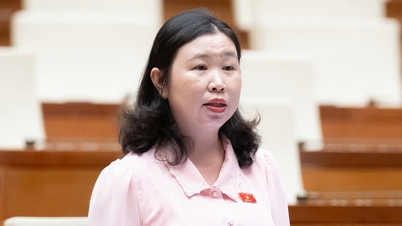
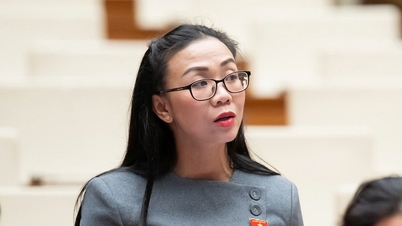
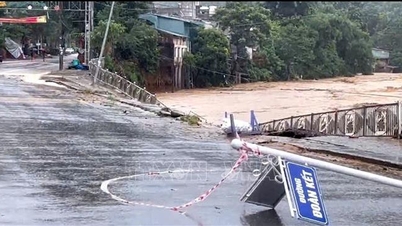

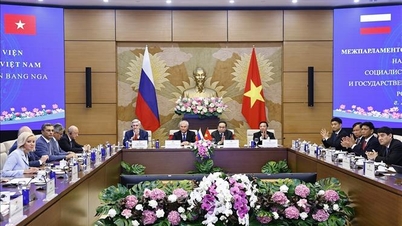
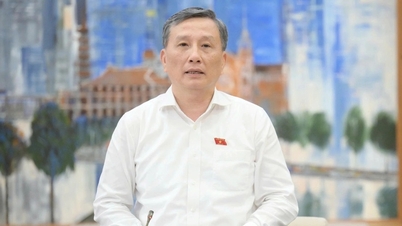

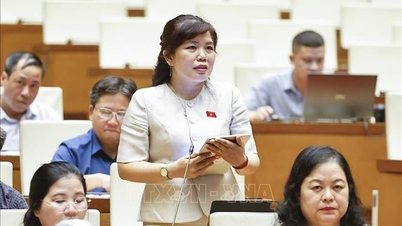

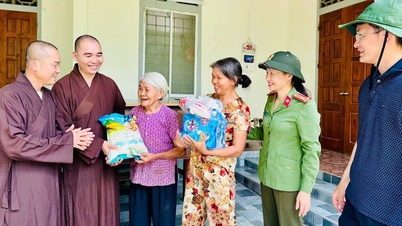

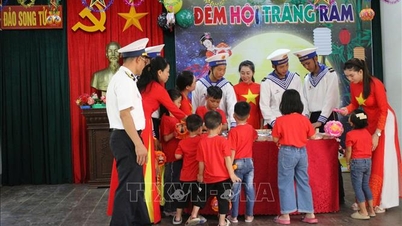
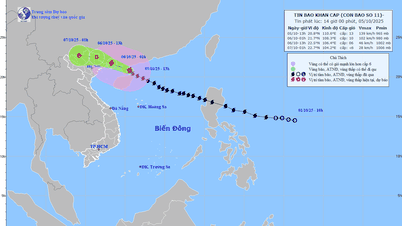
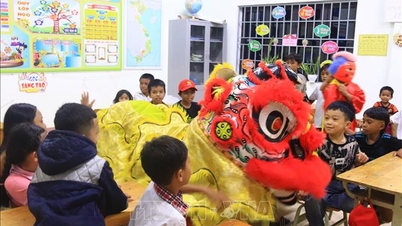




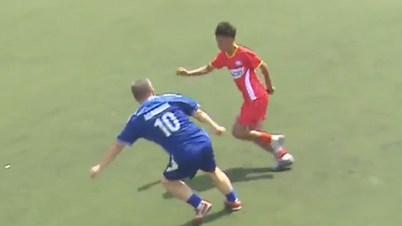

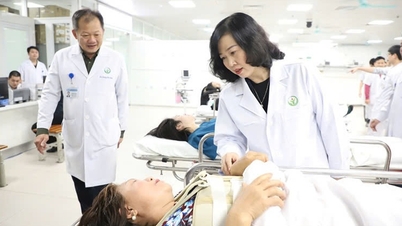
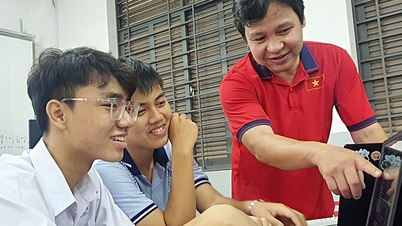

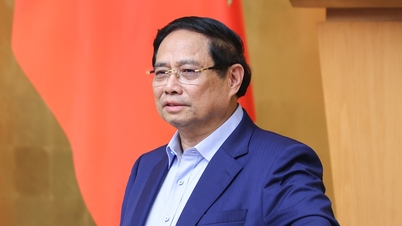

























![[VIDEO] Summary of Petrovietnam's 50th Anniversary Ceremony](https://vphoto.vietnam.vn/thumb/402x226/vietnam/resource/IMAGE/2025/10/4/abe133bdb8114793a16d4fe3e5bd0f12)

![[VIDEO] GENERAL SECRETARY TO LAM AWARDS PETROVIETNAM 8 GOLDEN WORDS: "PIONEER - EXCELLENT - SUSTAINABLE - GLOBAL"](https://vphoto.vietnam.vn/thumb/402x226/vietnam/resource/IMAGE/2025/7/23/c2fdb48863e846cfa9fb8e6ea9cf44e7)















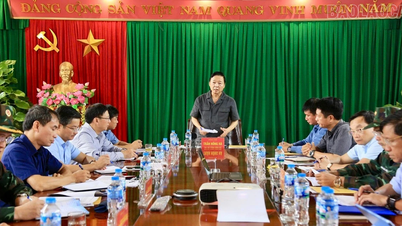

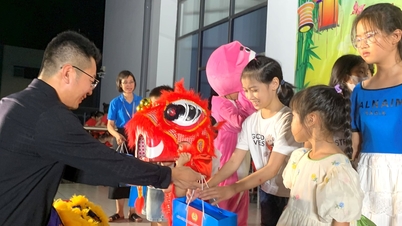

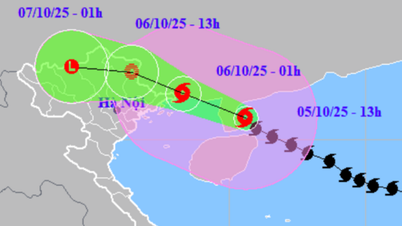

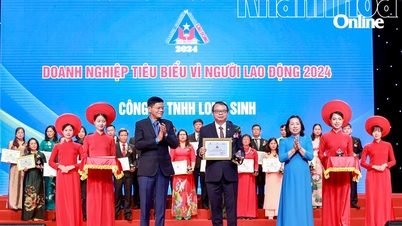

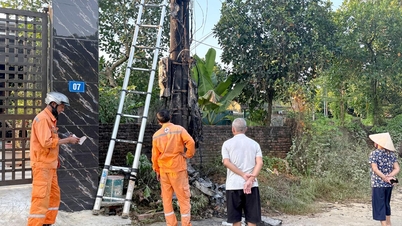














Comment (0)